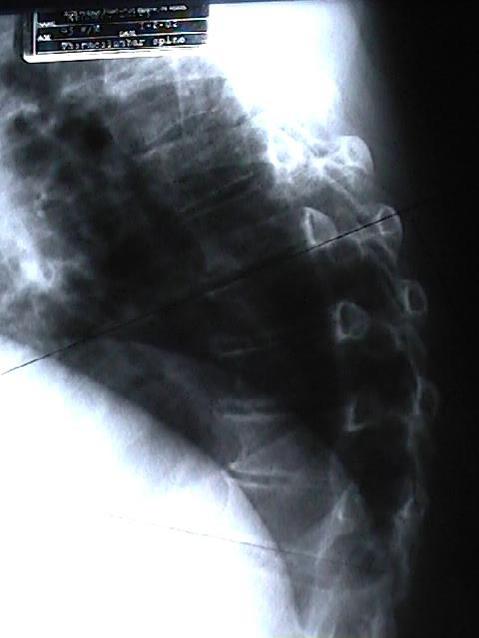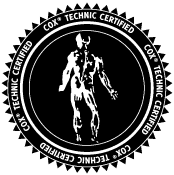Are you ever grateful for your spine, its uprightness, its support, its design? If you don’t think about it, you’re not alone. Like so many things in our daily Richmond lives, we take our spines for granted…until there is pain or difficulty. True? True.
Well, the spine’s uprightness allows us humans to wander around our Richmond worlds with ease: eyes forward, head up, feet one step in front of the other. The gentle curves balance us well. Normal. This normal state is how most Richmond folks exist thankfully. Conversely, a few Richmond people find themselves with back pain conditions that are abnormal and actually cause pain. One such condition is ankylosing spondylitis (AS), a condition Johnson Chiropractic finds to be quite responsive to Richmond chiropractic care. But first, more about AS and the latest findings.

Now, medical literature points out that AS patients have a 5-fold higher risk of clinical spine fracture and a 35% increased risk of non-vertebral fracture. This extra risk peaks early, in the first 2 and a half years of AS disease. It is recommended that AS patients be assessed for fracture risk early after their AS diagnosis. (3) Trust Johnson Chiropractic to do this for you or your loved one with AS.

So contact Johnson Chiropractic for a consultation about your ankylosing spondylilitis. Entrust your spine (or your loved one's) to the capable hands of Johnson Chiropractic and the gentle stretching treatment of Cox Technic to manage all your spinal conditions. Be grateful for your spine, and treat it to chiropractic care.

